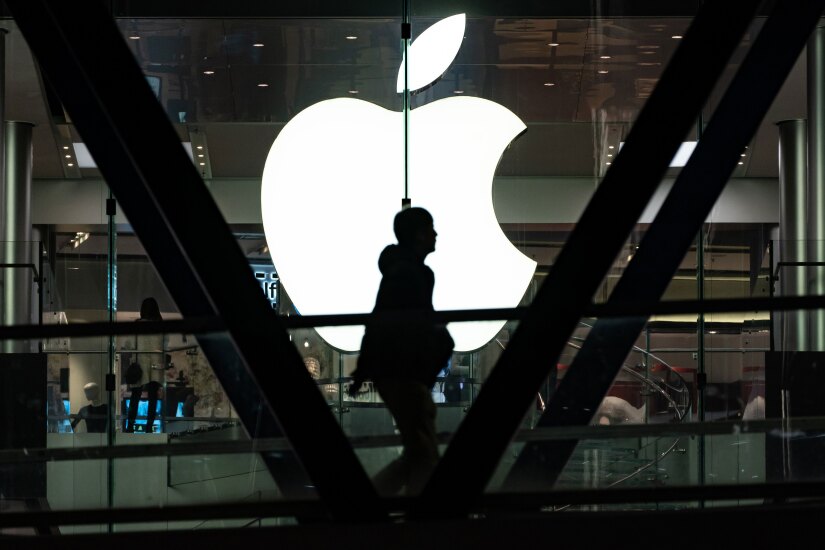Mastercard launches service to fight instant-payment fraud, EU may green-light Apple's NFC-access plan, and more.
Here's what's happening around the world:






The combination of two Pacific Northwest banks was supposed to create a regional powerhouse, but rising deposit costs have stung. CEO Clint Stein says he's "laser-focused" on making Columbia a top performer again.
A set of panels discussing minority depository institutions and digitization found that cost is a significant challenge to minority depository institutions, especially in the core processing space.
The Federal Reserve, Federal Deposit Insurance Corp. and Office of the Comptroller of the Currency issued a 30-page guidebook on managing affiliate risks. The report builds on formal guidance issued last year.
The efforts, which respond to President Biden's October executive order on AI, aim to improve synthetic content detection and improve the trustworthiness of AI models.
Tighter merchant connections between Square and Cash App helped Block produce stronger-than-expected results during the first quarter, while Jack Dorsey said the firm will launch its first remittance product later this year leveraging decentralized finance.
In talks with OCC officials, "it became obvious that we would not gain near-term approval given their recent experience with multifamily and CRE positions," FirstSun CEO Neal Arnold says. The companies announced other revisions to their deal, too.